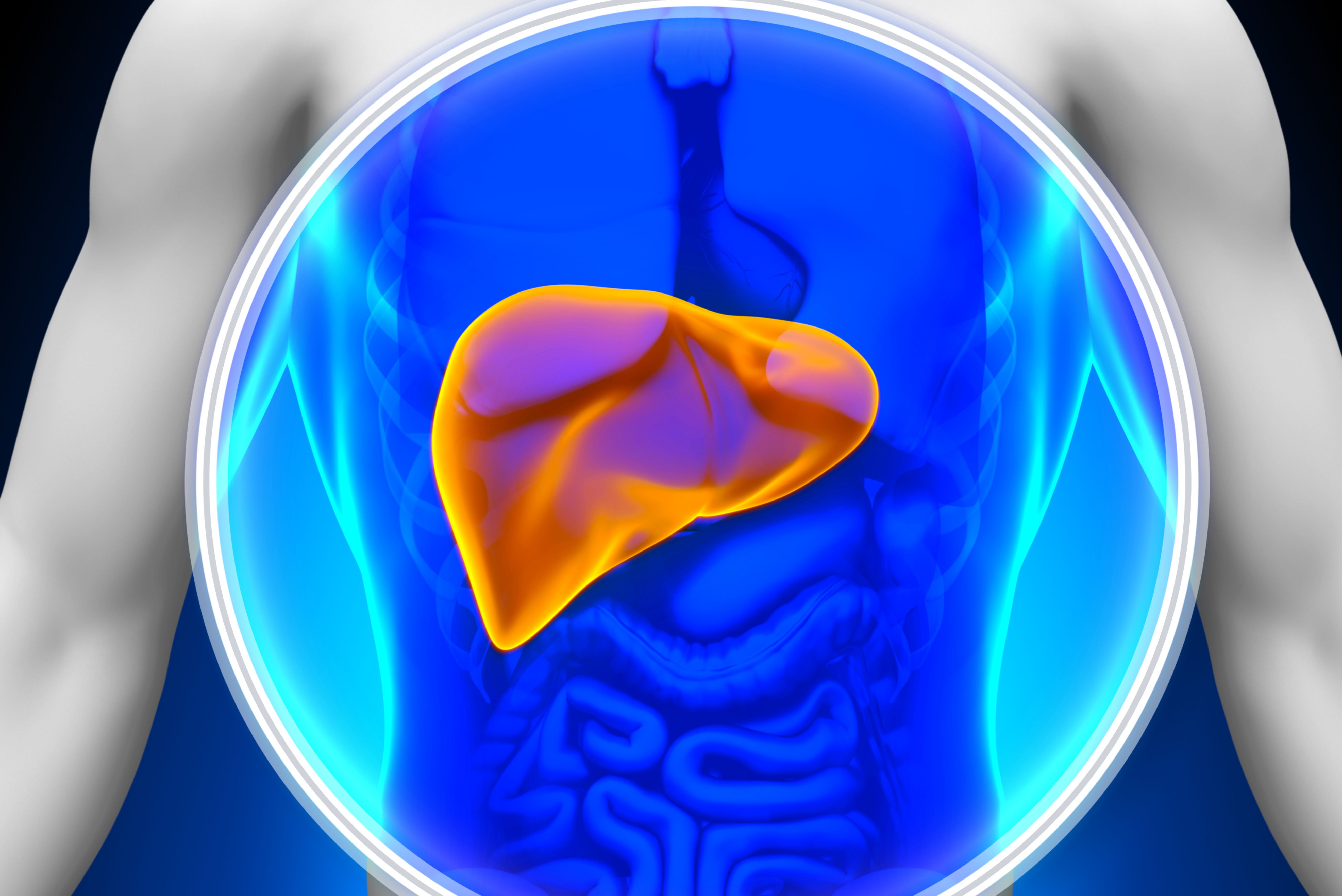News
Article
APPs, Gastroenterologists Struggle with PBC Diagnosis Strategy
Key Takeaways
- Gastroenterologists and APPs struggle with diagnosing PBC, showing suboptimal skills and confidence in interpreting liver function tests and distinguishing cholestatic disease.
- The study involved interviews and surveys with healthcare providers, revealing significant knowledge gaps in PBC diagnosis.
A qualitative / quantitative study shows significant gaps in PBC diagnosis confidence and skill between care providers.

Gastroenterology specialists may possess suboptimal skills and confidence in diagnosing primary biliary cholangitis (PBC) in a timely fashion and separately from other hepatic conditions, according to data from a new qualitative study.
New research presented at the American College of Gastroenterology (ACG) 2024 Scientific Sessions in Philadelphia, PA, this week showed both gastroenterologists and relevant advanced practice providers (APPs) report difficulties with distinguishing cholestatic disease, assessing liver function tests, and conducting liver biopsies for conditions including PBC. The findings provide insight into knowledge gaps for gastroenterologists who may be increasing addressing liver disease risk in their patients.
Investigators led by Mitchell L. Shiffman, MD, of the Liver Institute of Virginia in Bon Secours Health System, conducted a mixed-method qualitative and quantitative study to observe the self-reported knowledge, skill and confidence levels of healthcare providers in diagnosing PBC.
“PBC is a chronic progressive inflammatory disease that can result in end-stage liver disease,” Shiffman and colleagues wrote. “Optimal care for PBC patients requires a multidisciplinary team approach to slow down disease progression and improve patients’ quality of life.”
Their analysis included semi-structured 45-minute interviews and a 15-minute survey with hepatologists, gastroenterologists, primary care providers, and APPs working in gastroenterology or hepatology. Eligible patients were actively practicing in the US with ≥2 years’ experience.
Investigators further ensured participation included “non-expert” provers by setting a maximum PBC patient caseload of 20 patients per year for gastroenterologists, hepatologists and APPs, and 10 patients over the past 5 years for primary care physicians.
The qualitative interview results underwent a thematic analysis, while the quantitative data were analyzed via subgroup analysis per provider background. The presented abstract at ACG 2024 expressly focused on gaps of PBC diagnostic capability and confidence for gastroenterologists and APPs.
Shiffman and colleague’s assessment included 24 healthcare providers (6 per subspecialty) in the interview portion and 160 (40 per subspecialty) in the survey portion. The team observed reported suboptimal skills and confidence in recognizing liver enzyme patterns suggesting the identification of PBC in both gastroenterologists (32% per each) and APPs (100% per each) respectively.
Investigators additionally observed that APPs had suboptimal skills (72%) and confidence (92%) in distinguishing between cholestatic and hepatocellular patterns in liver function tests. The subspecialty additionally reported suboptimal skills (92%) and confidence (97%) in interpreting the importance of elevated alkaline phosphatase levels. They also had suboptimal skills (47%) and confidence (75%) in using anti-mitochondrial antibody testing for diagnosing PBC.
Gastroenterologists also reported suboptimal confidence (30%) in using advanced diagnostic tools including liver biopsy to identify PBC.
Investigators wrote the findings show an “opportunity for education” for specialty-focused APPs to improve their capability in assisting PBC diagnosis going forward.
“Focused educational interventions in recognizing PBC symptom patterns and appropriate use of diagnostic tools will improve care for patients living with PBC,” they wrote.
References
Peloquiin S, Shiffman ML, Kowdley KV, Mena E, et al. Knowledge, Skills, and Confidence Gaps in Diagnosis of Primary Biliary Cholangitis Among Gastroenterologists and Advance Practice Providers Practicing in Gastroenterology or Hepatology. Abstract presented at: American College of Gastroenterology (ACG) 2024 Scientific Sessions. Philadelphia, PA. October 25 – 30, 2024.





